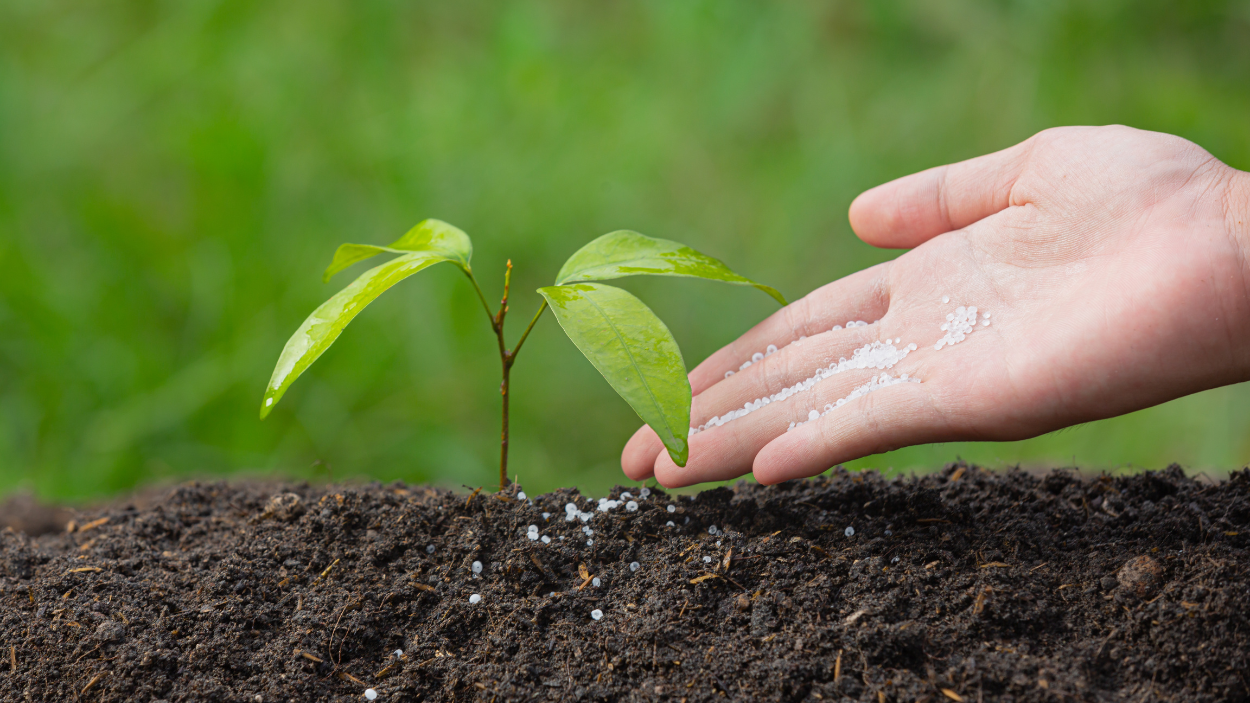If you've noticed your blueberry bush looking sickly or dying, there may be several reasons why. In this article, we'll explore some of the most common causes of a dying blueberry bush as well as a few solutions to help it recover.
SOIL PH
Most garden plants require soil that is relatively neutral, neither excessively basic or acidic. Blueberry bushes thrive in acidic soil with a pH of 4.5 to 5.5. If the soil is overly alkaline, the plant may be unable to absorb the nutrients it requires to thrive. Furthermore, if the soil is compacted or poorly drained, this can cause issues for the plant.
To ensure that your blueberry bushes grow in the best conditions possible, test the soil pH on a regular basis and adjust it as needed. Adding well-decomposed compost and coffee grounds to your soil can assist. Organic mulch, particularly those derived from pine needles or oak leaves, can also be beneficial. Over time, these materials will degrade, releasing additional acid into the soil.
FERTILIZER EXCESS
Yes, an overabundance of fertilizer can also kill a blueberry shrub. Blueberry bushes require specific nutrients in specific amounts, and over-fertilization can upset the soil's nutrient balance. This can lead to salt buildup in the soil, which is hazardous to plant roots. Over-fertilization can also result in the development of delicate, brittle foliage that is more vulnerable to disease and pest infestation.
If you believe that over-fertilization is the reason for your blueberry bush's decrease, cease fertilizing it immediately and properly water it to wash out any extra fertilizer from the soil. You should also test the soil to evaluate its nutrient content and pH level, and then adapt your fertilization procedures as necessary. When fertilizing your blueberry bush, it's advisable to stick to the recommendations of a soil test or the instructions on the fertilizer container.
PESTS AND DIEASES
Maintaining optimum plant health through excellent cultural practices is essential for preventing pests and diseases in blueberry plants. This includes cleaning the environment around the plant, maintaining sufficient air circulation, and properly hydrating the plant.
If a pest or disease does emerge, it is critical to recognize it quickly and take proper measures to keep it from spreading. This may entail the use of insecticides or fungicides, as well as the removal of afflicted plant portions. You can help keep your blueberry plants healthy and fruitful by remaining watchful and adopting proactive actions to prevent pests and diseases.
FREQUENTLY ASKED QUESTIONS
1. Q: Can I freeze blueberries to make them last longer?
A: Blueberries are very fragile and don't stay fresh for long no matter what you do. So freeze blueberries to keep them longer because freezing is a great way to preserve the freshness and flavor of blueberries for a long time.
2. Q: Blueberry harvesting tools
A: The buckets, pans, and carts are good for collecting large quantities, while the rakes, picks, and clips help you reach berries that are high off the ground or deeper in the bush. With the right tools, harvesting blueberries can be a joy instead of a chore.
3. Q: What are some health benefits of blueberries?
A: Blueberries are high in antioxidants and phytonutrients that may help reduce the risk of chronic diseases. Additionally, Blueberries may improve memory and cognitive function. Some studies show that blueberries can help slow age-related mental decline.
FINAL THOUGHT
Blueberries are high in antioxidants and phytonutrients that may help reduce the risk of chronic diseases. Additionally, Blueberries may improve memory and cognitive function. Some studies show that blueberries can help slow age-related mental decline.




